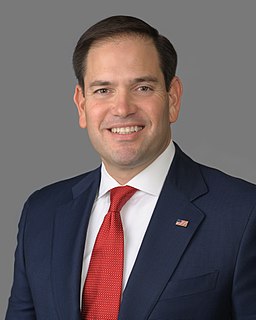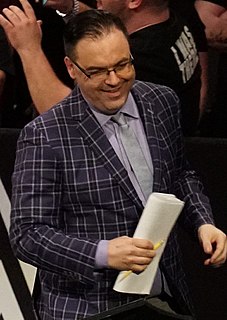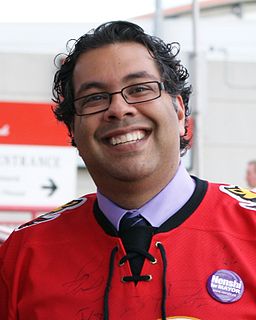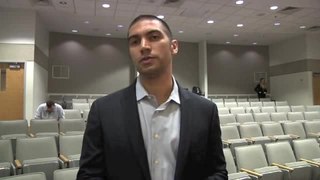A Quote by Peter Kreeft
If you are truly confident about something, you welcome honest questions about it.
Related Quotes
The great philosophers of the 17th and 18th centuries did not think that epistemological questions floated free of questions about how the mind works. Those philosophers took a stand on all sorts of questions which nowadays we would classify as questions of psychology, and their views about psychological questions shaped their views about epistemology, as well they should have.
I try to push and find something awkward. The gems to me are truly awkward situations, and you have to have somebody who's willing to fail because those can't be conceived. They never play if they're thought about and discussed too much. You have to create them right at the moment and look for something honest.
The thing I have in common with Donald Trump is about a dozen years ago, we got a "Man of the Year" award in New York City, the Hotel Plaza from the USO. So I met him once and I found him to be very personable. He asked excellent questions throughout the 45 minutes that I was with him. Very, very engaged and very curious about the world and its complexity. Something, let's be honest, that he and many of his close in advisers that he's selected don't have a lot of knowledge about.
I was really happy in the Globe and - in the Globe and Mail debate, which was on the economy, that there were questions about infrastructure, about immigration, about housing. These things have often been seen as municipal issues, but they truly are pan-Canadian issues. Now, I'm not saying I'm happy with all the answers, but I'm happy that at least we're talking about them.
Indeed, the only truly serious questions are ones that even a child can formulate. Only the most naive of questions are truly serious. They are the questions with no answers. A question with no answer is a barrier that cannot be breached. In other words, it is questions with no answers that set the limit of human possibilities, describe the boundaries of human existence.
One of the hardest things for me to do is be fully open in a poem. By that I mean, honest and not trying to amplify some mythological version of myself. I was a poor, geeky black kid in Indianapolis. There is nothing mythological about that. So to try to truly render the kind of economic and racial inequity I grew up in, I had to find a way to be more honest about what happened. And it wasn't fun to write, even though the poems aren't 100% autobiographical.





































